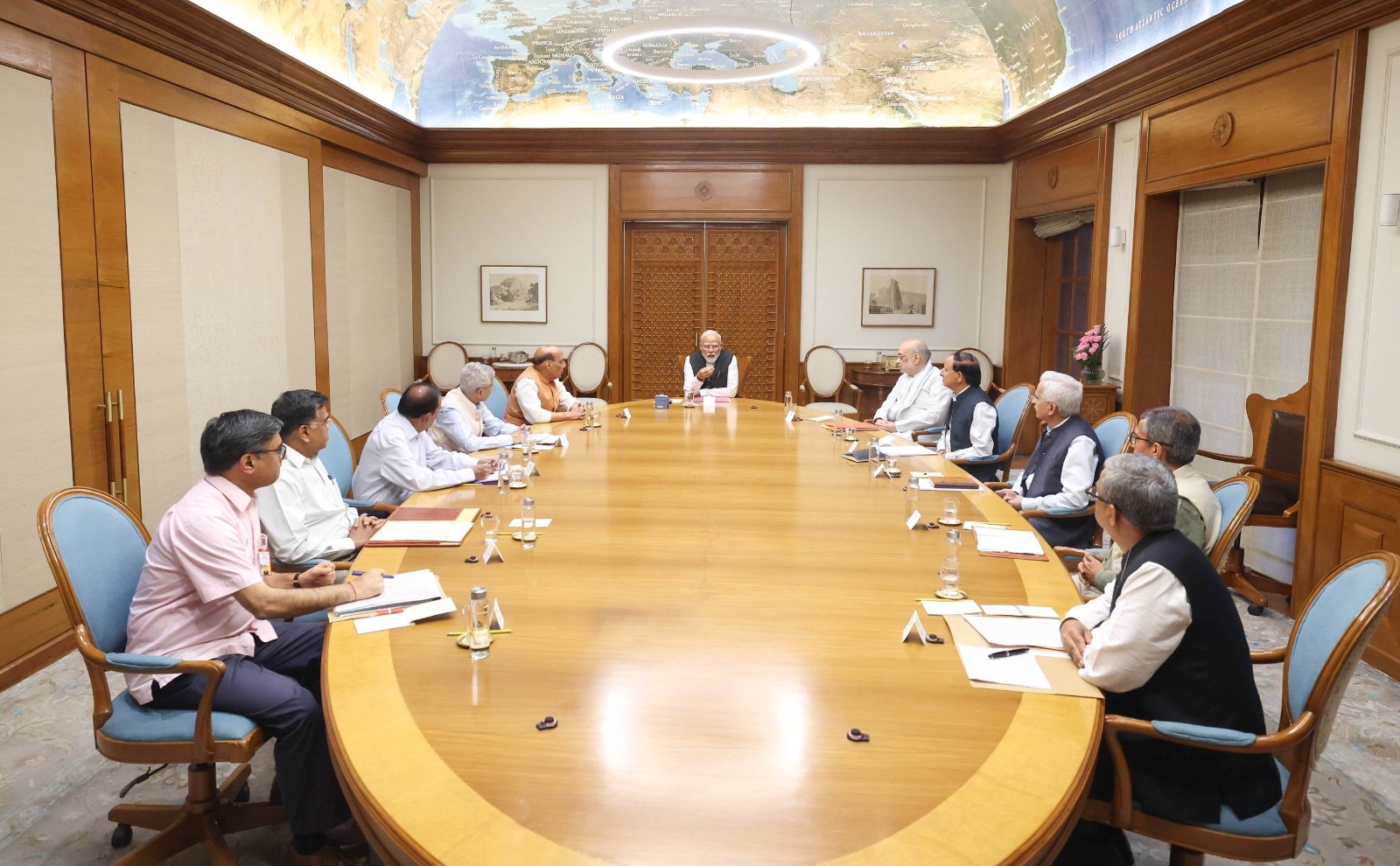PUBLIC FRUSTRATION: Pahalgam’s Picnic of Death Exposes Chinks in India’s Armour, but Where’s the Accountability?
India's Jammu and Kashmir Chief Minister Omar Abdullah has bluntly demanded accountability following the April 22 Pahalgam terror attack that claimed innocent lives, primarily tourists.
"If it is an intelligence failure, then who is responsible?... It is not possible that 26 people lost their lives and there is no response from our side," Abdullah told reporters, pointing to a severe lapse in national security.
 |
| Image Source: PM NaMo on X |
Abdullah insisted that clear answers were due—to the victims, their families, and all grieving citizens—warning that without accountability, "justice remains a distant promise."
His remarks echo a mounting concern over the absence of perpetrators and unanswered questions surrounding the region's intelligence and security systems.
Lt. Governor Manoj Sinha, on July 10, acknowledged the depth of the community’s pain, but stressed that Kashmir's response—its unity against terror and Pakistan—shows that “terrorism will not sustain here.”
While local solidarity has offered emotional support, it cannot substitute fact-based security reforms.
In the aftermath, India launched Operation Sindoor on May 7, targeting terror infrastructure in Pakistan and PoJK. Official sources say the military repelled subsequent cross-border aggression. Yet the main attackers remain unknown. This is fueling public frustration over enforcement.
Eyewitness reports from Pahalgam–once a serene meadow turned killing field—painted a chilling picture: terrorists, dressed in pherans, methodically questioned faith before opening fire. Calls to emergency services began at least 30 minutes after the first shots, a delay that cost precious lives, and perhaps allowed the terrorists to flee untraced.
Authorities have since increased checkpoints, banned unregistered activity, tightened digital surveillance, and coordinated intelligence gathering. Still, no crucial breakthrough has been made, or at least not shared in the public domain. The Resistance Front (TRF)—a rebranded Lashkar-e-Taiba proxy—is suspected, but its exact involvement remains unproven in public eye.
Anguished families have not found closure. Wedding photos hang in empty homes; children will grow up asking why they lost their parents that day. Candlelit vigils have reinforced collective mourning but cannot compensate for the sense of betrayal.
Security experts warn that without transparent inquiry and public accountability, further attacks could hit beyond Kashmir. At the same time, civil society voices in Srinagar urge that the government’s response must go beyond military and intelligence fixes—to genuinely rebuild trust.
India under its Prime Minister Narendra Modi now faces a critical test: Will the government let unanswered questions—and unaccounted-for killers—haunt the state’s conscience?
